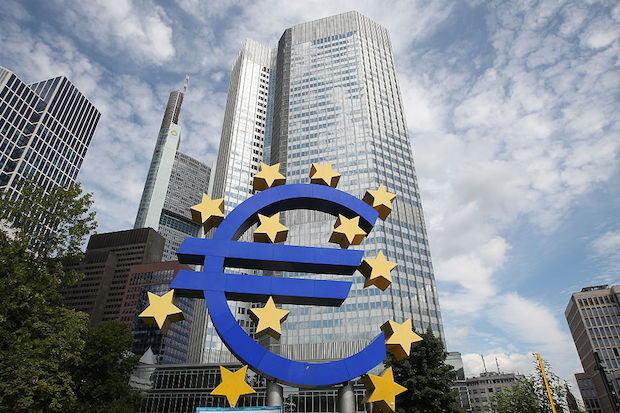Roger Scruton once observed, in his astute way, how important national feeling was to democracy:
‘Democracy is a form of government that depends upon a national, rather than a credal or tribal idea of loyalty. In a nation state the things that divide neighbours from each other – family, tribe and religion – are deliberately privatised, made inessential to the shared identity, and placed well below the country and its well-being on the list of public duties. It is this, rather than any Enlightenment idea of citizenship, that enabled nation states so easily to adopt democracy. In a place where tribal or religious loyalties take precedence, democratic elections, if they occur at all, occur only once.’
I thought of these words as I saw the footage of the increasingly vociferous protests being held by Remainers this week in London.
Whether it was meant to be or not, this referendum was in effect a vote on globalisation, and so pitted people generally in favour of multiculturalism and social liberalism against those opposed to it.
Despite being on the wrong side of history the latter edged it, just as I imagine if Elizabethan England had held a referendum on the national religion in, say, 1580, Catholicism would still have won, with the few remaining papist toffs supported by large numbers of rustics who don’t abide with the new progressive faith. Imagine how that would have gone down in London or Cambridge among the angry righteous.
One of the central tenets of today’s new faith is internationalism, which is why the arguments for sovereignty which appeal to older people totally misfire with younger voters. Middle class British people under the age of 45 generally have very little sense of nationalism, and I’m not sure nationalism can be entirely separated from patriotism. I wouldn’t say this was a result of post-imperial guilt, or indoctrination at school, rather it’s the inevitable end product of a very individualistic open-looking culture in which people are encouraged to look beyond family, clan and tribe. Or to be pessimistic, we’re at the end of the asabiyyah cycle. Internationalism is a high-status belief, and so it is held by high-status people.
(One of the funny things about this whole referendum is that many of the laws in place to control the bad sort of immigration people object to do exist, such as ejecting foreign nationals who have not found a job after three months: Britain just doesn’t enforce them. So the issue is not that Brussels prevents us from controlling borders, but that our political class has lost the will to do it; I suspect the reason is that culturally the subject of border control is just considered embarrassingly low status.)
This doesn’t necessarily make our younger generation of internationalists a tolerant bunch. As the slogan ‘refugees in, racists out’ indicates, they’ve simply switched one form of out-group for another, replacing nationalism with political sectarianism. This is what makes them seem quite terrifying, to me, for a moral community convinced that its opponents are devious is a terrible thing to behold. And as national feeling continues to decline in Britain, people will increasingly refuse to accept when they lose in politics.
Personally I’m filled with Bregrets – I should have just written something about chemtrails and Denver airport on my ballot paper, as I intended to – but if the referendum result was overturned it would be explosive, sending a clear signal to followers of the old faith that politics is fixed against them. This is why it’s important that we reach a compromise, one that entirely satisfies no one but keeps the lid on things; that’s been the British way since our country was last poisoned by sectarianism, and it served us well.
The best route forward is probably the so-called Norway option, which leaves us sort of in the EU but sort of out. Most crucially it means we retain access to the single market; the downside is we would have little, if any, manoeuvre on immigration.
In retrospect the referendum should have specifically asked us what type of post-EU future we wanted, rather than a leap in the dark. There should have been three choices – remain, EEA and full leave – with perhaps a second preference included. This would have made the question less a toxic one of ‘what and who do you hate in the world’, and more a specific choice about options.
As it is, I think the danger now is that the one-third of leave voters who did so on account of immigration are going to be bitterly disappointed, and the best solution might be for the next prime minister to do his or her best to secure a deal with the EU and then offer the voters a choice of EEA membership or full Leave (where we have full control of our borders but no single market). The former would almost certainly win, a compromise would have been reached, and English people could go back to talking about the weather.







Comments